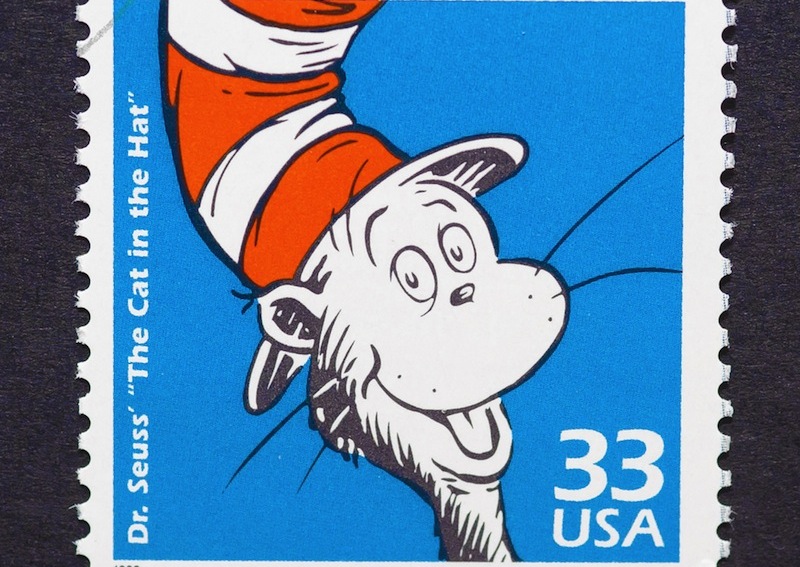[Ed. note: The following post is republished from the New York Public Library as part of its series on Banned Books Week.]
Our next title under the microscope during Banned Books week is the canonical nonsense tale of Green Eggs and Ham by Dr. Seuss. “I do not like them, Sam-I-am, I do not like green eggs and ham.” The People’s Republic of China most notably concurred with this key mantra of Dr. Seuss’s Green Eggs and Ham. Beginning in 1965, it was forbidden to read Green Eggs and Ham in Maoist China because of its “portrayal of early Marxism,” and the ban was not lifted until author Theodor Seuss Geisl’s death in 1991.
First published in 1960, this whimsical book of rhyme aimed at encouraging children to try new things was great for early readers because it conveyed this complex message while using less than 50 words. Through repetition of simple words, protagonist Sam-I-Am insistently implores his nameless counterpart to try the book’s eponymous dish (in a box with a fox, with a goat in a boat), who stubbornly refuses to taste the verdant breakfast. A bargain is finally struck between the debating characters; Sam’s bedraggled friend will taste the meal if Sam-I-Am agrees to finally leave him alone. Lo and behold, Sam’s friend discovers that he not only likes green eggs and ham, but he can’t wait to eat them in all the scenarios Sam-I-Am had been suggesting all along.
In addition to the decades-long suppression of Green Eggs and Ham in Communist China, Yertle the Tertle (1958) has recently crawled back onto banned book lists; in April 2012 the Prince Rupert School District in British Columbia, CA removed the book from schools because it violated a school ban on political messages for the line “I know up on top you are seeing great sights, but down here at the bottom, we too should have rights.” The Lorax (1972) similarly raised the ire of a community in California because of its portrayal of loggers as being environmentally unfriendly.
Dr. Seuss himself admitted that as an author he was “subversive as hell,” and did not want to write stories about modeling good behavior for children. His books encouraged standing up to authority while comically illustrating the consequences of fear-based thinking–bold ideas that have made a Grinch out of those opposed to instilling such attitudes in children.
Liberman is a senior librarian at the New York Public Library’s Mulberry Branch.
“Stock Photo: United States – Circa 1999: A Postage Stamp Printed In USA Showing An Image Of The Cat Character From The Book The Cat In The Hat Written By Dr. Seuss, Circa 1999.” on Shutterstock.






